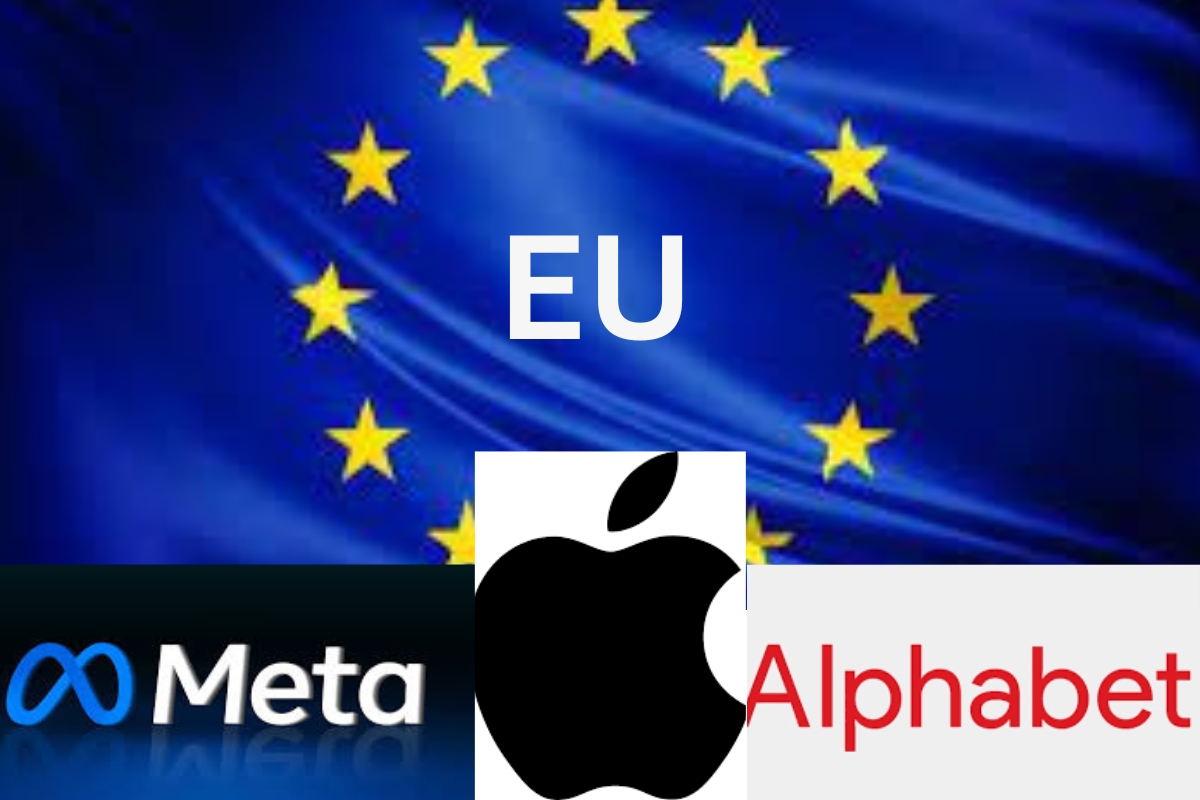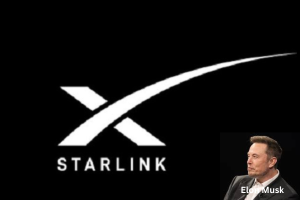Under the broad new Digital Markets Act tech laws, the European Union launched its first investigation into Apple, Alphabet, and Meta on Monday.
“Today, the European Commission announced that it has initiated non-compliance investigations under the Digital Markets Act (DMA) into the policies of Alphabet regarding steering in Google Play and self-preferencing on Google Search, the policies of Apple regarding steering in the App Store and the choice screen for Safari, and Meta’s ‘pay or consent model.'”
The first two inquiries concern so-called anti-steering regulations and center on Alphabet and Apple. Tech companies are not permitted by the DMA to prevent companies from informing their consumers about less expensive alternatives for their goods or about subscriptions that aren’t available through an app store.
“Apple and Alphabet appear to have violated the letter of the law in their implementation of the DMA’s anti-steering regulations. “Apple and Alphabet will continue to impose different recurring fees and restrict steering,” stated Margrethe Vestager, the EU’s competition commissioner, at a press conference on Monday.
Apple has already broken several EU regulations. The European Commission claimed this month that it discovered Apple had placed restrictions on app developers that barred them from alerting iOS consumers about substitute and less expensive music subscription services that were accessible outside of the app. As a result, the corporation was fined 1.8 billion euros ($1.95 billion).
In a separate probe, the commission stated that it is looking into whether Apple has fulfilled with its DMA duties to guarantee that iOS users may quickly modify default settings and uninstall apps. The investigation also looks at whether Apple actively offers consumers options to modify the iOS default services, including the web browser or search engine.
The commission expressed its concern that consumers might not be able to fully exercise their choice of services within the Apple ecosystem as a result of Apple’s policies, notably the way the web browser choice screen is designed.
Apple stated that it thinks it complies with the DMA.
The European Commission is investigating whether Alphabet’s display of Google search results “may lead to self-preferencing in relation to Google’s” other services, such Google Shopping, over comparable competition offerings. This is the fourth investigation that specifically targets Alphabet.
Oliver Bethell, Alphabet’s director of competition, said in a statement, “We have made significant changes to the way our services operate in Europe to comply with the Digital Markets Act.”
Over the past year, we have participated in dozens of events with the European Commission, stakeholders, and other parties in order to gather feedback, address it, and strike a balance between competing demands within the ecosystem. We’ll keep defending our strategy in the upcoming months.
Alphabet referred readers to a blog post from earlier this month in which the company detailed some of those modifications, such as making it simpler for users of Android phones to see comparison websites in Google searches for things like shopping or travel. It also gave users the option to quickly change the default search engine and browser on their phones.
The subject of the fifth and last inquiry is Meta and its purported “pay and consent” model. In Europe, Meta launched an ad-free Facebook and Instagram subscription model last year. The commission is investigating whether it violates the DMA to offer the subscription model without advertisements or to require customers to agree to terms and conditions for the free service.
“The Commission is concerned that users who choose not to consent may not have a viable alternative offered by Meta’s binary choice model, which would undermine the goal of preventing gatekeepers from collecting personal data.”
The EU’s internal market commissioner, Thierry Breton, stated at the press conference that Meta ought to provide “free alternative options” for its “less personalized” services.
The term “gatekeepers” refers to big tech companies that have to abide by the DMA in the EU.
If any gatekeeper tries to go around or undermine the DMA’s obligations, we will keep using all the powers at our disposal, Vestager added.
According to Meta, subscriptions are a typical business strategy used by many different sectors.
“We built Subscription for No Ads to fulfill multiple overlapping legal duties, including the DMA. Subscriptions as an alternative to advertising are a well-established business model across many industries. We’ll keep having positive interactions with the Commission, a Meta representative stated.
The commission stated that it plans to wrap up its investigations in a year, although Vestager and Breton emphasized during the press conference on Monday that the DMA does not set a strict timetable for the investigation’s duration. The authorities will share their initial findings with the firms and provide an explanation of the steps they are taking, or the gatekeepers should do, to address the concerns raised by the commission.
The commission has the authority to sanction any corporation that violates the DMA up to 10% of the entire global revenue of the tech companies. If an infraction occurs more than once, the fines might go up to 20%.
The commission stated that it is also seeking data and facts to elucidate any possibility that Amazon is favoring its own brand products over competitors on its online marketplace. The commission is still looking at the terms and conditions for other app shops as well as Apple’s new pricing structure.
The tech giant revealed this month that customers in the EU will no longer have to utilize Apple’s exclusive App Store to download apps; this is a move that Apple has long opposed.
The EU is conducting study on Apple and Amazon, but these are not official inquiries.







